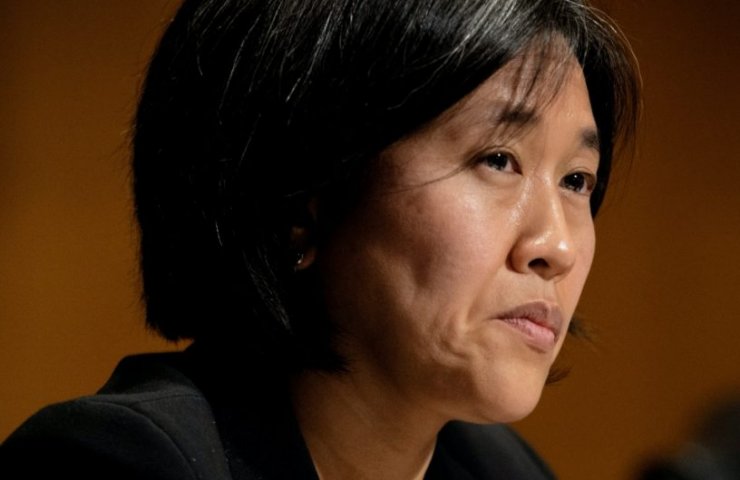US Trade Representative Catherine Tai, US Secretary of Commerce Gina M. Raimondo and European Commission Executive Vice President Valdis Dombrovskis have begun negotiations on the world's overcapacity in steel and aluminum production. About this reported by the US Department of Commerce press office on Monday.
During a virtual meeting last week, leaders recognized the need for effective solutions that can support critical industries, and agreed to chart a path to end WTO disputes following the US application of EU Section 232 import tariffs (import restrictions for reasons of national security).
Ambassador Tai, Secretary Raimondo and Executive Vice President Dombrovskis acknowledged that global overcapacity, largely driven by third-country activities, affects the steel industry in the US and EU.
Unfair trading conditions resulting from this excess capacity pose a serious threat to the market-oriented EU and US steel and aluminum industries, as well as workers in these industries, the US Department of Commerce noted.
“The United States and EU member states are allies and partners, sharing similar national security interests with market-based democracies, so they can work together to promote high standards, solve common problems, and contain countries like China.” says the message.
EU and US officials have agreed to initiate discussions on how to resolve the issue of overcapacity for steel and aluminum in this area and implement effective solutions, including appropriate trade measures.
To provide the most constructive environment for this collaborative effort, negotiators have agreed to a joint position on issues that negatively affect bilateral trade.
"They pledged to engage promptly in these discussions to find solutions by the end of the year that demonstrate how the US and EU can address overcapacity, ensure the long-term viability of our steel and aluminum industries, and strengthen our democratic alliance," ministry.




